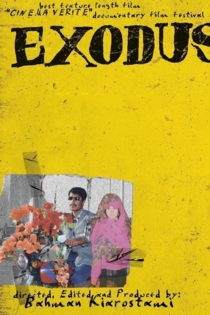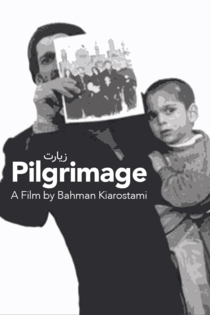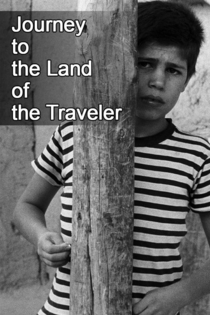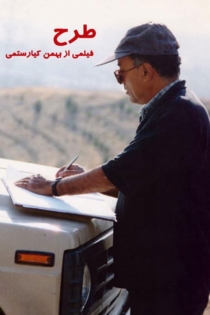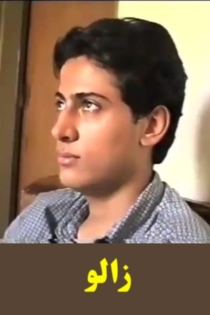
Bahman Kiarostami
2021Monir
Bahman Kiarostami
This documentary looks at the life and work of Iranian artist Monir Shahroudy Farmanfarmaian, who first garnered attention in the 1970s when she pioneered contemporary forms of geometric mirror works. Monir created an artistic language that was informed by traditional Iranian craft and architecture; formative years spent in New York in the 1940s and 50s and ongoing conversations with some of the 20th century's most experimental artists were also part of Monir's artistic universe. The film takes an intimate look at the artist's life and her practice, and explores how she has become one of the most innovative and influential artists working in the Middle East today. From her method of constructing mirror mosaics, to uncovering her past following the political changes in her own country and her subsequent migration to New York, and an artistic renewal sparked by her return to Tehran after an absence of 25 years, it offers an inspiring chronicle of Monir at the peak of her career.
Monir
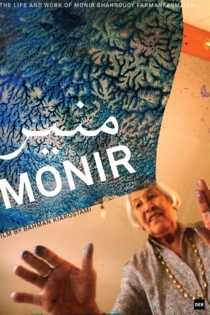
Tabaki
Bahman Kiarostami
Bahman Kiarostami's charming documentary about mourners-for-hire who are called upon to attend funerals in Iran. With an understated, lighthearted style, Tabaki provides a fascinating view of a peculiar occupation within this religious culture, offering, in the process, an insightful portrait of the society as a whole.
Tabaki
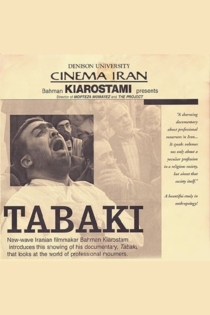
The Treasure Cave
Bahman Kiarostami
The Treasure Cave centers on the famous Tehran Museum of Contemporary Art, which is widely considered to be the region’s most important store of modern Western art: Picasso, Chagall, Warhol, Bacon and possible the best Jackson Pollock outside of the United States. However after the revolution, its collection has been little seen, and the building became a memorial to art commemorating the martyrs of the 1979 revolution and Iran-Iraq War.
The Treasure Cave
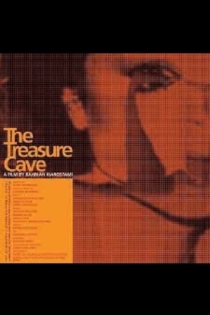
Exodus
Bahman Kiarostami
Since Iran opened its borders to refugees of the Soviet–Afghan War in 1979, it has become home to as many as 2.5 million Afghans, half of whom are undocumented. When renewed US sanctions in 2018 caused a currency collapse in Iran, the vulnerable population of migrants—often working as low-paid labourers in harsh conditions—was severely affected by the recession. Now, large numbers of them want to return home. Bahman Kiarostami (the son of late acclaimed director Abbas Kiarostami) sets up his camera in a Tehran-based facility processing thousands of illegals leaving the country. The migrants are asked surprising personal questions about everything from religion to drugs to family issues. With a Wiseman-esque fly-on-the-wall observation of these surprising interrogation sessions, Kiarostami paints a kaleidoscopic, empathetic and often humorous picture of the Afghans' place in Iranian society and their reasons for leaving it.
Exodus
